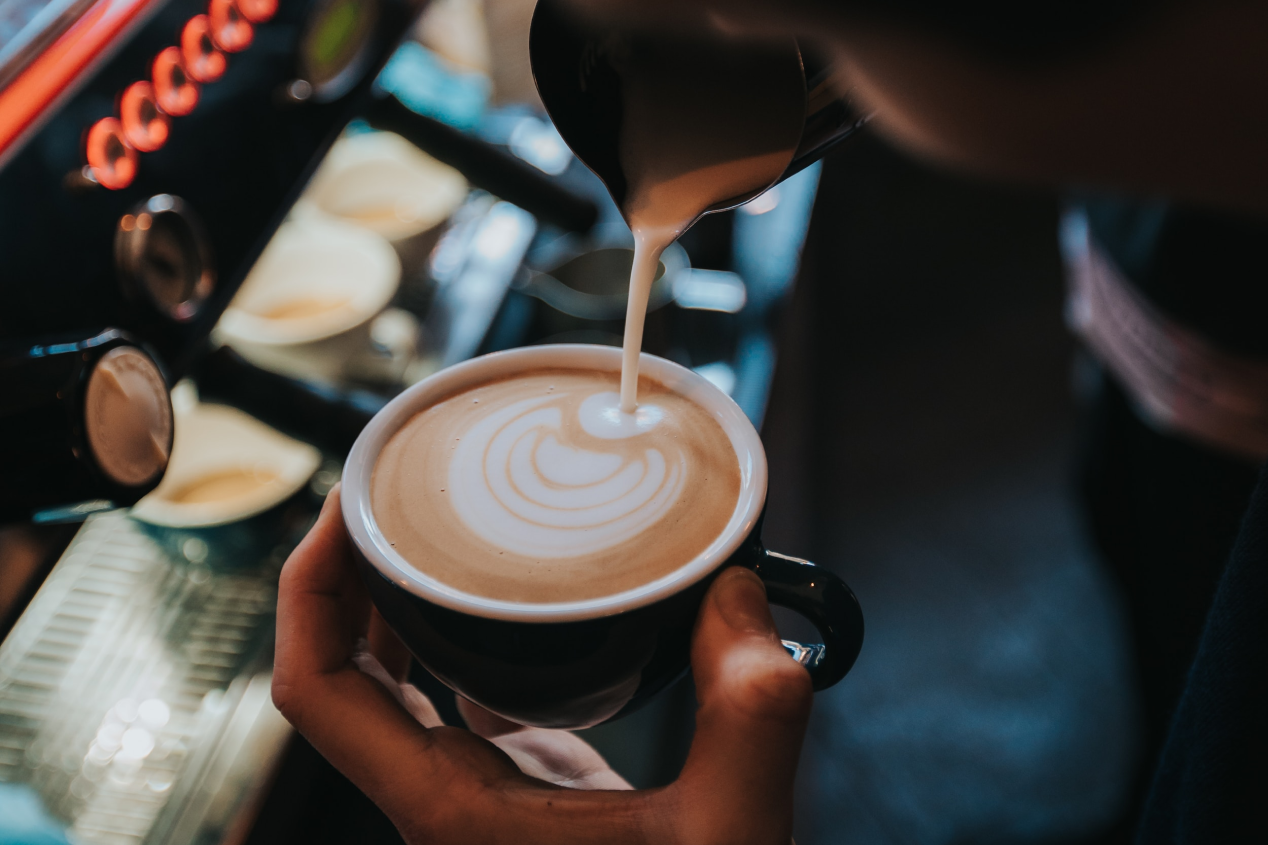The Importance of Water Quality and Temperature in Brewing the Perfect Cup of Coffee

There are few things more enjoyable than a perfectly brewed cup of coffee. The rich, comforting aroma, the warming sensation as it flows over your tongue, and the burst of flavour that hits your taste buds - it's a truly delightful experience. But did you know that the key to a great cup of coffee is not just the beans you use, but also the water you brew it with?
When it comes to making coffee, the quality of the water you use is just as important as the quality of the beans. After all, water makes up the majority of your cup of coffee, so it's crucial that it tastes good and doesn't have any off-putting flavours.
Water hardness
One of the key factors that affect the taste of your coffee is the hardness of the water. Water hardness is measured in grains per gallon (gpg) and is determined by the amount of minerals present in the water. Hard water, which has a high mineral content, can make your coffee taste bitter and can even clog up your coffee maker over time. On the other hand, soft water, which has a low mineral content, can make your coffee taste weak and bland.
The ideal water for brewing coffee has a hardness level of around 5-10 gpg. This is just enough minerals to give your coffee a rich, full-bodied flavour without any bitterness.
Water temperature
Another important factor to consider when it comes to water and coffee is the temperature. The ideal brewing temperature for coffee is between 195-205 degrees Fahrenheit. If the water is too hot, it can scald the coffee and give it a burnt, bitter taste. On the other hand, if the water is too cold, it can extract fewer flavours from the beans and result in a weak, flavourless cup of coffee.
To ensure that your water is at the ideal temperature for brewing coffee, it's important to use a thermometer. You can either use a digital thermometer that you insert into the water or a glass thermometer that you place in the water.
Once you have the right type and temperature of the water, it's time to brew your coffee. There are many different ways to brew coffee, from traditional drip coffee makers to pour-over methods and French presses. No matter which method you choose, be sure to follow the instructions carefully and use the right amount of water and coffee grounds to ensure a perfect cup of coffee every time.
In conclusion, the water you use to brew your coffee is just as important as the beans you choose. By using the right type and temperature of water, you can create a delicious cup of coffee that is rich, full-bodied, and bursting with flavour. So next time you're brewing a pot of coffee, be sure to pay attention to the water you use and experiment with different types and temperatures to find the perfect balance for your taste.
